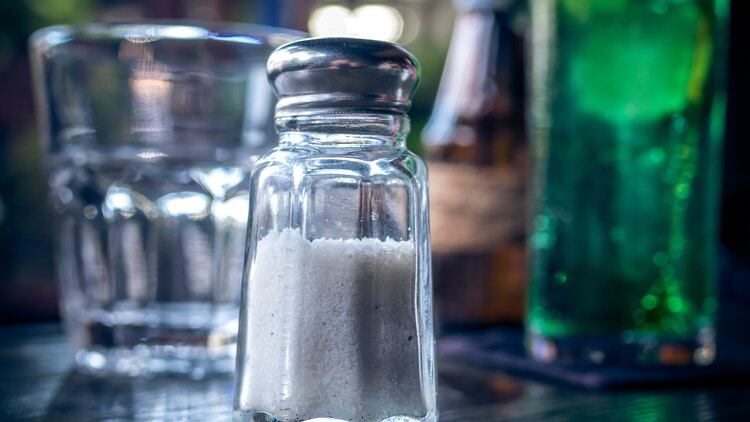The nationwide survey by health group Action on Salt found processed meat alternative products, including meat-free burgers, sausages and mince, concealed high levels of salt.
The survey exposed the perceived ‘health halo’ of processed meat alternatives, which are concealing high levels of salt.
Almost one third (28%) of all products surveyed were higher in salt than the maximum salt targets.
Large variation
Salt targets
Public Health England has issued guideline salt targets for more than 80 categories of food, including sausages, which the food industry is encouraged to follow on a voluntary basis.
As it currently stands, there is little monitoring of the targets and many companies chose to abstain. Action on Salt claimed mandatory targets would create a level playing field for the industry.
Research looked at supermarket burgers, including real beef products from Tesco, Sainsbury’s and Asda, which revealed the average salt content per serving was 0.75g – lower than that of meat-free burgers at 0.89g per serve.
Furthermore, 32 of the 154 products included in the survey had no front of pack, colour-coded labelling, including Linda McCartney’s entire product range.
Just three of all products surveyed were low in salt with 0.3g per 100g or less. About one fifth (18%) of products also had no portion size, making it hard for consumers to judge how much of a product they could eat and gauge their daily salt intake.
There was also a large variation in the salt content of products within the same category. Most meat-free categories had at least a 50% difference in salt content between the saltiest and least salty products – meat-free mince had the biggest variation with an 83% difference.
Unnecessary deaths
The specialist group called on Public Health England (PHE) acts now to prevent thousands of unnecessary deaths from strokes and heart disease.
Action on Salt nutritionist Mhairi Brown said: “Research has highlighted that we must reduce the amount of meat we eat to reduce the negative impact of climate change.
“The food industry has ensured greater availability of meat-free alternatives but now it must do more to ensure meat-free alternatives contain far less salt – at the very least, lower than the meat equivalents. This survey drives home the urgent need for PHE to reinvigorate the UK’s salt reduction strategy.”
Reducing salt is the most cost-effective measure to reduce the number of people dying or suffering from “entirely unnecessary strokes and heart disease” according to Queen Mary University of London professor of cardiovascular medicine and chairman of Action on Salt Graham MacGregor.
He said: “Given the vast amounts of strokes and heart disease that could be avoided and huge savings to the NHS, it is incomprehensible that PHE is not doing more to reduce the amount of salt in our food. We are calling on PHE again to take urgent action.”

